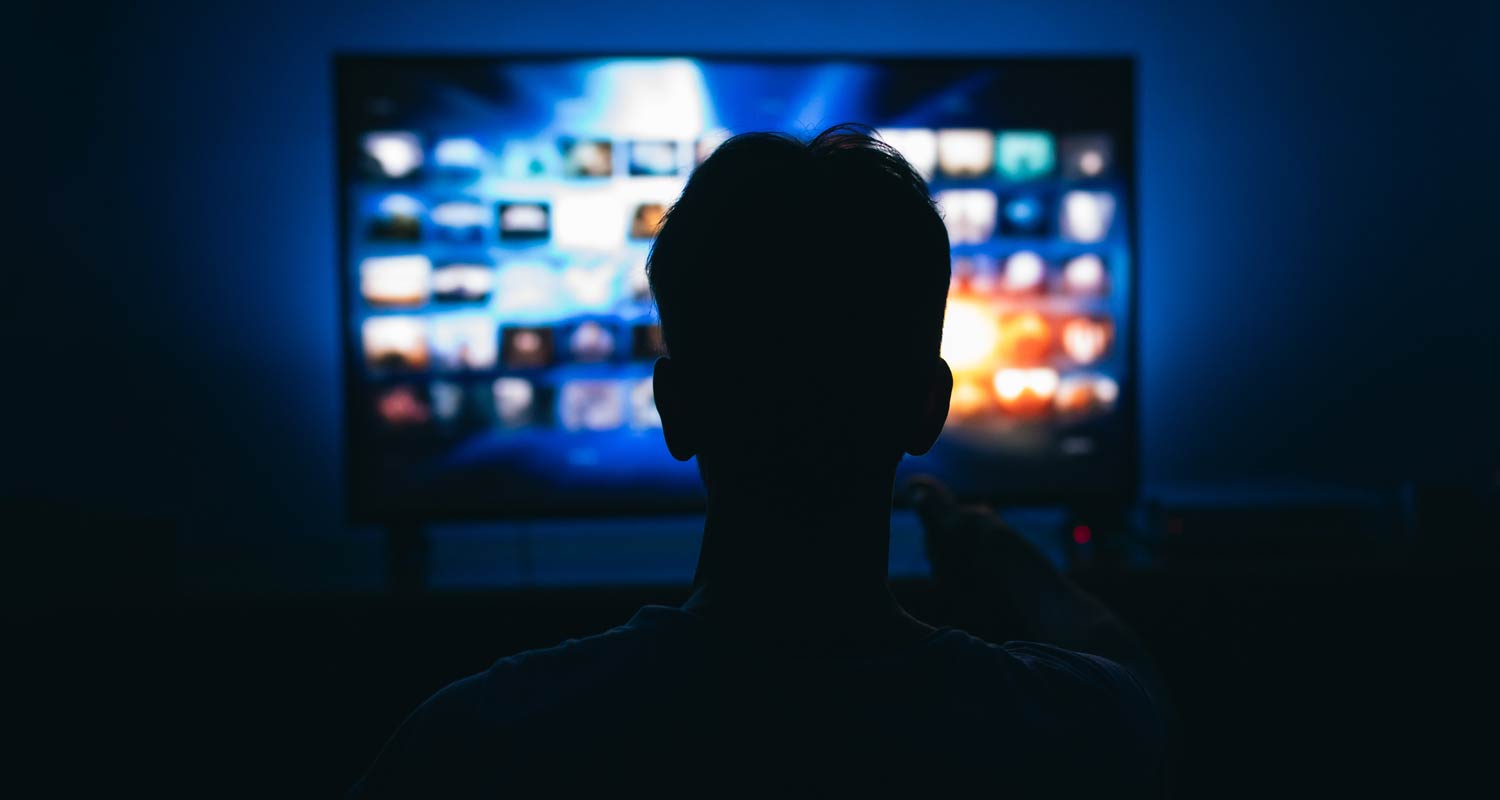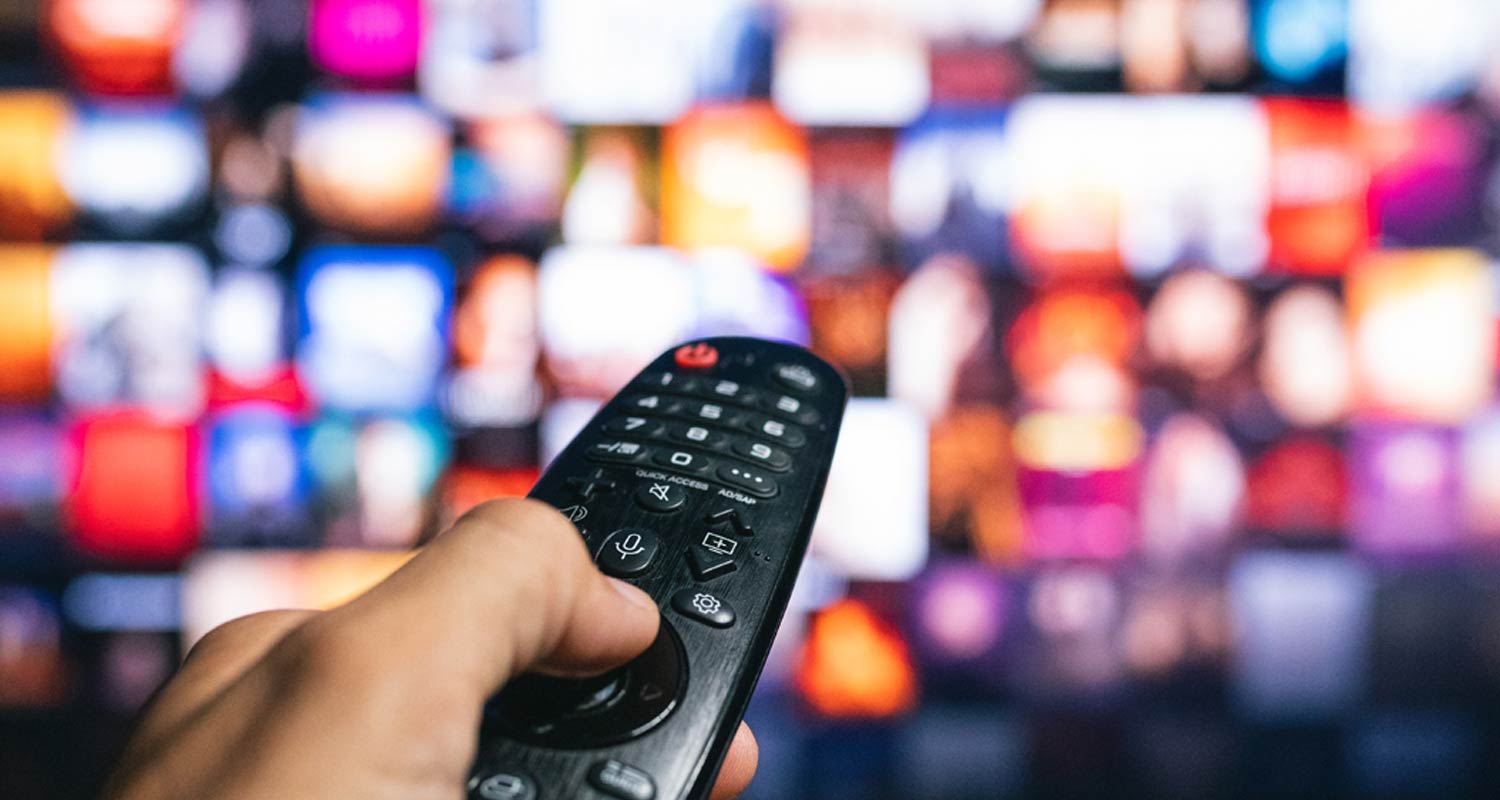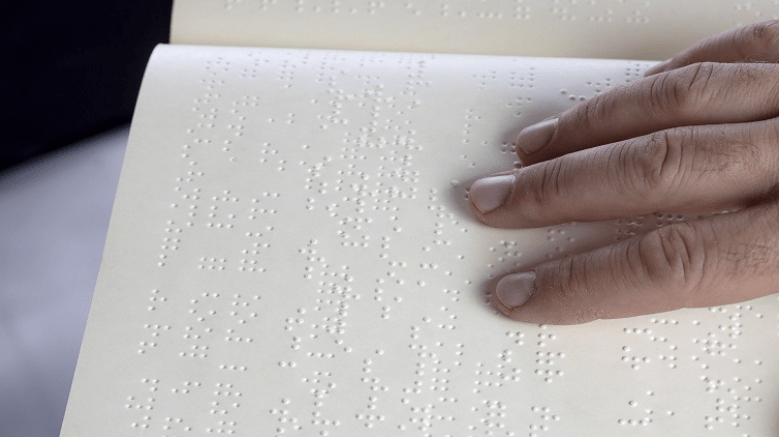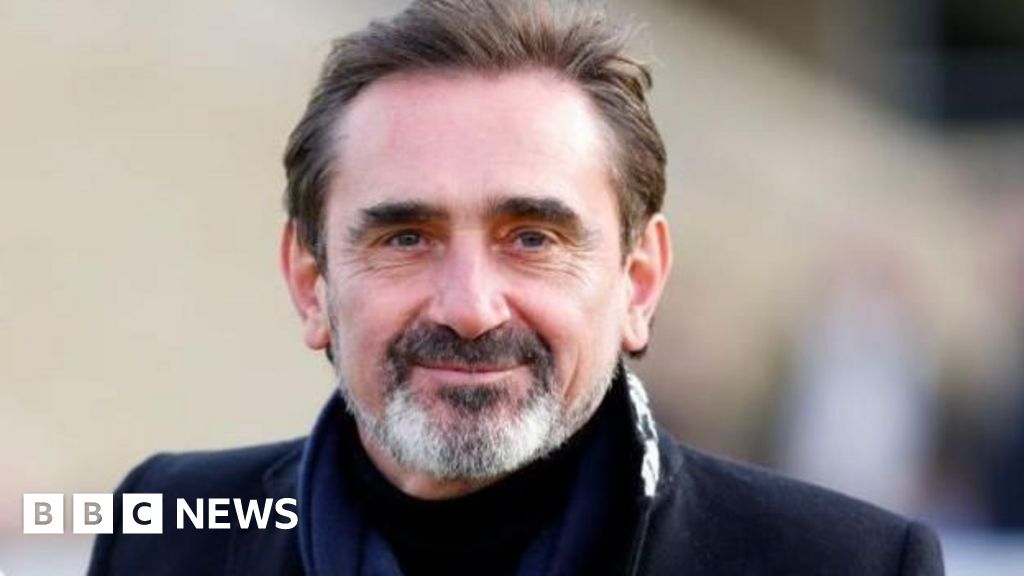 The SABC has argued in parliament that it can’t wait the three years it could take the communications minister to develop a new funding model for the public broadcaster.
The SABC has argued in parliament that it can’t wait the three years it could take the communications minister to develop a new funding model for the public broadcaster.
The three-year period is proposed in the latest draft of the SABC Bill.
Speaking to the portfolio committee on communications & digital technologies last week, SABC CEO Nomsa Chabeli said the development of a funding model for the SABC “must be expedited” – and that interventions are needed now to help the corporation.
Among the funding mechanisms called for by the SABC are a “device-independent levy”, the enlistment of the South African Revenue Service and MultiChoice Group for collecting these levies, and even preventing citizens from subscribing to streaming services like Netflix without a TV licence.
“Funding for the SABC is a burning issue and therefore an interim mechanism is required to ensure SABC’s interim viability and sustainability while we develop the bill as well as a new funding model framework. This is critical, especially when it comes to the funding of the public interest mandate,” said Chabeli.
Speaking alongside Chabeli, SABC head of policy and regulatory affairs Philly Moilwa told MPs that delivering on the broadcaster’s public service mandate costs the SABC about R7.4-billion annually, but only around 55% of this is funded through revenue-generation mechanisms. Moilwa noted that around 80% of the SABC’s revenue comes from advertising.
Funding
He said government should consider that even developed nations in Europe, where the population has the financial means to support public broadcasting, support is provided in the form of government funding. He said the SABC’s reliance on advertising revenue paints a “skewed picture” of the entity as a public broadcaster and urged government to align its spending with global trends by providing grant funding to the SABC.
Moilwa said the SABC is further challenged by a long list of requirements in its public service charter, which includes catering to South Africa’s diverse population with original content in all official languages and keeping abreast of the evolution in technology by building new platforms like SABC Plus. “If the mandate can be reduced to some specific priorities, then I think everybody will be happy,” he said.
Read: SABC funding crisis as South Africans spurn TV licences
He said meeting these requirements means the SABC relies on a sizeable employee base, which also adds to its costs. TV licences were one way in which the SABC generated revenue in the past, but shifts in technology and a reluctance by the public to pay have led to a decline in revenue. Now the SABC has asked that a device-independent levy be imposed on any device capable of receiving SABC content.
 “The SABC Bill should redefine what a TV licence is, and we are saying a public service media levy would be a good example, as found in Germany and other countries,” said Moilwa.
“The SABC Bill should redefine what a TV licence is, and we are saying a public service media levy would be a good example, as found in Germany and other countries,” said Moilwa.
To improve enforcement, the SABC has suggested enlisting the help of Sars and MultiChoice in the collection of the fees. This means platforms like DStv and even streaming services like Netflix could be compelled to collect levies on behalf of the public broadcaster. Under this proposal, subscriptions could even be contingent on the customer producing a TV licence. – © 2024 NewsCentral Media
Don’t miss:
Top court orders Hlaudi Motsoeneng to pay back SABC millions



 23 hours ago
64
23 hours ago
64















